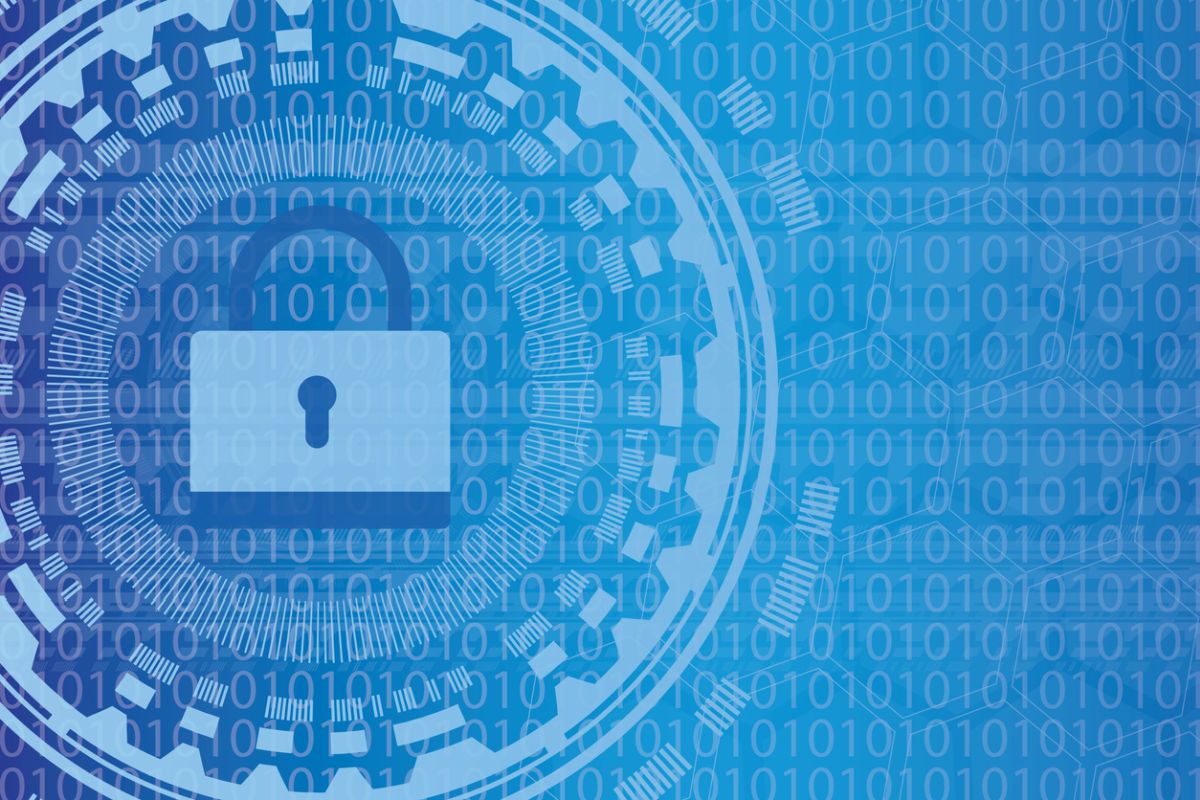India, US sign MoU on cybercrime investigations
Days before Mr Donald Trump's inauguration as America's 47th President, India and the US signed an MoU to enhance cooperation in cybercrime investigations.
If sources are to be believed, the data of these Indians, trapped in fake loan apps, has been sent to China using Chinese servers.

Representational Image. (Photo: iStock)
Beware of unverified apps: If you are in the habit of downloading random apps on your phone without verifying the facts, then you need to be cautious as quickly as possible. Reports suggest that cyber thugs have stolen personal data of about 2.5 lakh Indians, using fake loan apps, gaming apps and business apps. The Cyber Cell Unit of Delhi Police has made this shocking disclosure, while probing the cases related to fraud, using different fake loan apps.
If sources are to be believed, the data of these Indians, trapped in fake loan apps, has been sent to China using Chinese servers. Police are apprehensive that the stolen data could be used to siphon off the money deposited in the bank accounts of the people concerned.
Advertisement
During the investigation, the matter of data theft came to the fore, when police started collecting information about such apps. The police team has identified 105 suspicious apps till May this year. Overall 255 apps have been taken down till now.
Advertisement
OVER 255 APPS TAKEN DOWN…
Efforts are being made to trace out the accused through these apps. If police sources are to be believed, many such apps are active by changing their name, despite being removed from the Google platform. It has, therefore, been advised to be careful with apps like Business, Game, and Discount Link.
A police officer said that the investigating team has south information related to these from all these companies, so as to ascertain how the fake app is being made accessible to the people? Which company is operating them? Information regarding the people who have been cheated through these apps and whose data has been stolen!
HOW DATA IS COLLECTED…
A police source said, while downloading the app, the installation file is taken to Google’s server, connecting the user’s mobile to its server. Before the installation of that particular app, it demands access to the data on the user’s phone. Giving permission to the access shares the data of the phone to the server. Very few users read the policy completely, before giving access to their data.
To take the services of Google, Facebook and WhatsApp, personal information like videos, photos, contact lists have to be shared. With the access to the messages (SMS), they also read the OTP (One Time Password) received on the mobile. Google stores the keyword on any search. It also tracks every transaction and location even by mail.
BE CAUTIOUS…
– Avoid downloading unnecessary apps that do not have credibility
– Disable unnecessary access to the apps. See the status of the permissions given in the settings and disable the one, which is not needed by the app
– Have two email IDs and do not connect bank communication mail ID with other mobile apps
– If possible, one can use two different mobiles. One for the use of social media and apps and the other one for personal work and storage for confidential data.
– It has appeared that data theft occurs from the places where it was downloaded. So, it is advised that Aadhar or other personal documents, which have been downloaded in cyber cafes, should be carefully deleted from the recycling bin of the system.
– Avoid apps with similar names. Also, check ratings and choose a high rated app, before downloading it on Google Store.
– Such apps are also available, which can inform whether your data is being shared or not.
ACCORDING TO LAW…
Law says that stealing personal and confidential data or stealing and personal information from any system, institution or organization, is a cyber crime. If you have access to internal data of an institution or organization, and you use that legitimate access without the organization’s permission, with the intention of illegitimate misuse, then that will also be subject to the same offense.
Cases of theft of personal data have been coming to the fore in call centres or organizations having access to people’s personal information. In such cases, one can be convicted under Section 43(b), Section 66(e), 67(c) of IT (Amendment) Act 2008, Section 379, 405, 420 of IPC and Copyright Law.
On conviction, the punishment may extend to three years in prison or with fine which may extend to Rs 2 lakh, depending on the gravity of the offence.
COUNTRIES WITH DATA PROTECTION LAWS…
Apart from Europe, countries like New Zealand, Japan, South Africa, America, and China have data protection laws.
AGE-WISE PERCENTAGE OF USERS…
– 81 percent are aged between 13 to 18 years
– 89 percent are aged between 18 to 29 years
– 78 percent are aged between 30 to 49 years
– 60 percent are aged between 50 to 64 years
– 43 percent are aged over 65 years
Advertisement